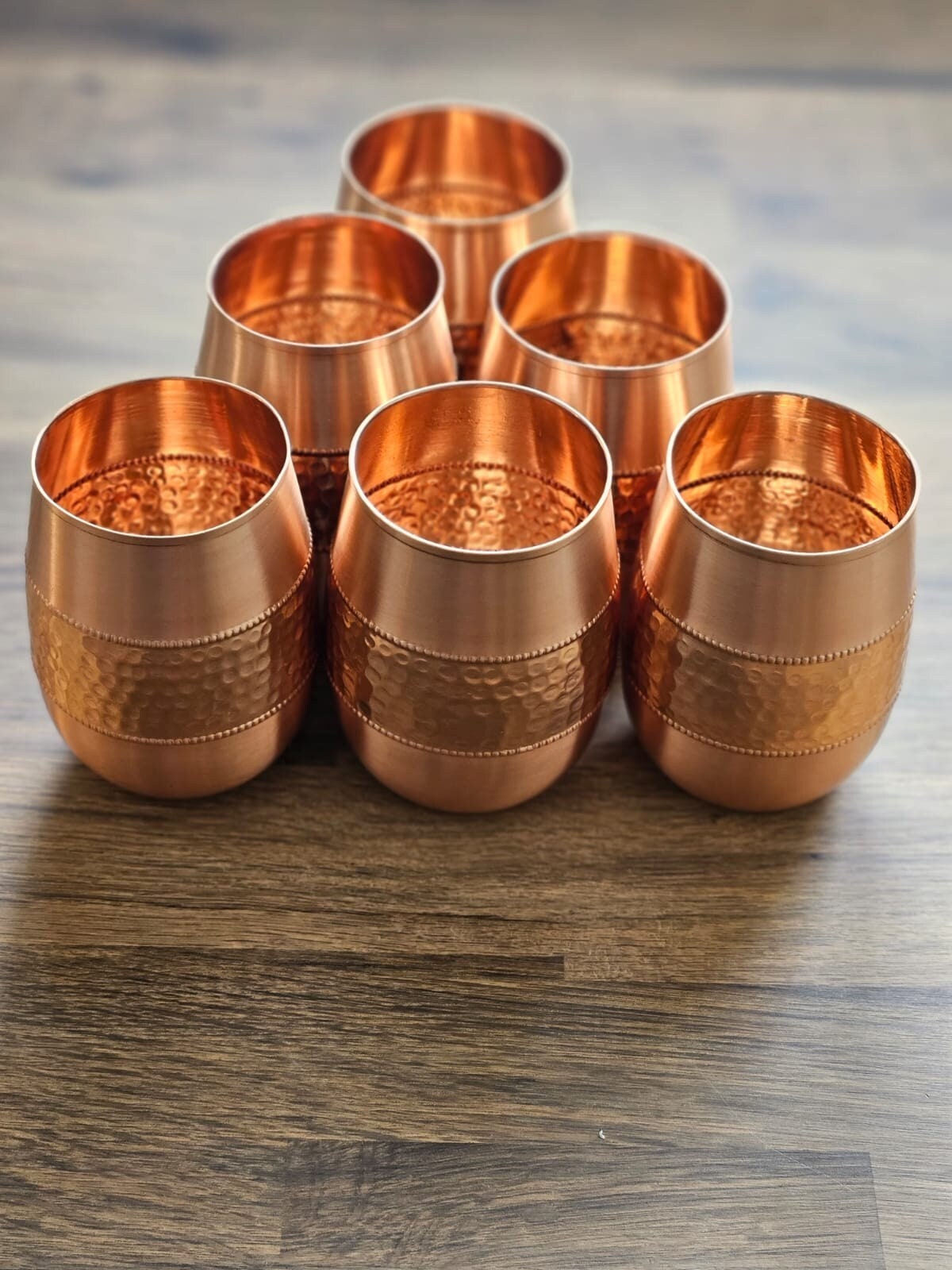Exactly how to Select the Right Copper Products for Your DIY Projects and Home Renovations
Exactly how to Select the Right Copper Products for Your DIY Projects and Home Renovations
Blog Article
Exploring the Diverse Applications of Copper Products in Modern Industries
Copper products have established themselves as indispensable parts throughout a myriad of contemporary sectors, mostly due to their exceptional conductivity, malleability, and resistance to deterioration. From boosting the performance of electric systems to playing an essential duty in sustainable power modern technologies, the adaptability of copper appears. Its recyclability settings it as a sustainable choice in manufacturing and electronics. As markets increasingly prioritize technology and sustainability, the varied applications of copper call for a closer exam, particularly regarding their prospective effect on future ecological techniques and technological developments.
Electric Applications of Copper
Copper is a crucial product in the electric sector, representing around 60% of the complete demand for non-ferrous steels worldwide - Copper Products. Its premium electric conductivity, which is almost twice that of light weight aluminum, makes it the recommended option for a large range of electrical applications. From wiring systems in domestic and industrial buildings to high-voltage power transmission lines, copper makes certain efficiency and integrity in power delivery
Along with circuitry, copper is important to the manufacturing of electric parts such as transformers, generators, and electric motors. These elements leverage copper's thermal conductivity and malleability, essential for heat dissipation and efficient performance. Copper's resistance to corrosion enhances the life-span and longevity of electrical systems, making it an affordable option in the lengthy term.
The development of renewable resource sources, such as solar and wind power, has actually even more increased the need for copper in electric applications. As industries change towards lasting power remedies, copper's function comes to be a lot more vital. Generally, the convenience and performance attributes of copper strengthen its condition as a foundation product within the electric market, driving innovation and effectiveness throughout different applications.
Pipes and Piping Solutions
In contemporary plumbing systems, the selection of products considerably influences both performance and durability. Copper has actually emerged as a recommended option as a result of its special properties, consisting of rust resistance and antimicrobial characteristics. These attributes make sure that copper piping continues to be sturdy and secure for moving safe and clean water, an essential consideration in property and commercial applications.
Among the vital advantages of copper in plumbing is its capability to stand up to high temperatures and pressures, making it ideal for a range of applications, from warm water systems to home heating and cooling networks. Furthermore, copper's adaptability permits simpler installation in intricate piping designs, decreasing the threat of leaks and failures.
One more noteworthy benefit is copper's long life expectancy, often surpassing half a century with appropriate maintenance. This long life not just reduces replacement costs yet also adds to sustainable techniques by reducing waste. Copper's recyclability aligns with modern-day environmental criteria, advertising a round economy within the plumbing industry.
Copper in Renewable Resource
The adaptability of copper extends past plumbing applications, playing a crucial duty in the eco-friendly energy market. In solar panels, copper is used in photovoltaic or pv cells and circuitry, facilitating efficient power conversion and transmission.

Additionally, as the worldwide need for electrical cars (EVs) increases, copper's function in battery systems and billing infrastructure becomes a lot more significant. The product's capacity to carry out electricity successfully is indispensable to the efficiency of EV batteries, enhancing range and billing speed.
Copper's Duty in Electronic devices
Electronic devices producing counts heavily on copper's extraordinary buildings, especially its high electrical conductivity and thermal efficiency. These characteristics make copper an optimal selection for a large variety of electronic elements, consisting of adapters, motherboard, and wiring. The metal's capacity to efficiently transfer electric signals ensures marginal power loss, which is important in high-performance electronic tools.
In addition, copper's thermal conductivity plays a substantial function in warmth dissipation, securing delicate parts from overheating. This is particularly crucial in modern electronics, where small layouts lead to increased warm generation. Copper is likewise preferred for its malleability and ductility, enabling it to be quickly shaped into detailed styles that meet the needs of innovative digital applications.
With the increase of customer electronic devices, telecommunications, and electric cars, the need for copper in the electronic devices market proceeds to expand. As advancements in innovation progress, copper continues to be essential to achieving higher efficiency and reliability in electronic items. Its recyclability better improves its allure, as producers seek lasting services without endangering high quality. Hence, copper remains a foundation product in the ever-expanding area of electronic devices.
Ingenious Makes Use Of in Manufacturing

One noteworthy application is in additive manufacturing, where copper-based materials are used in 3D printing procedures. This permits the production of light-weight elements and complex geometries, specifically in the aerospace and auto industries. Additionally, copper's thermal conductivity makes it a perfect choice for warm exchangers, boosting effectiveness in commercial air conditioning systems.
In addition, the rise of wise manufacturing has seen the consolidation of copper in IoT devices, where its conductive capabilities support sophisticated noticing technologies. In the world of sustainable power, copper is pivotal in the production of solar panels and wind turbines, helping with extra reliable power conversion and distribution.
As sectors pursue sustainability and technology, copper's flexibility and performance remain to position it as an important material, driving innovations in production and adding to the development of smarter, extra efficient products.
Conclusion
In recap, copper items demonstrate exceptional versatility throughout numerous modern-day sectors. Copper Products. Their exceptional conductivity enhances electric applications, while corrosion resistance guarantees dependability in plumbing. The indispensable role of copper in renewable resource and its necessary function in electronics emphasize its relevance in advancing sustainable practices. In addition, innovative usages in producing highlight copper's versatility and sustaining importance. Collectively, these applications highlight copper's crucial payment to technical progress and industrial performance in modern culture.
From enhancing the performance of electrical systems to playing a crucial role in sustainable energy innovations, the adaptability of copper is apparent. As industries progressively prioritize technology and sustainability, the diverse applications of copper require a closer examination, particularly concerning their possible impact on future technical improvements and ecological practices.
The development of eco-friendly energy sources, such as solar and wind power, has actually further boosted the need for copper in electrical applications. Generally, the flexibility and performance qualities of copper solidify its status as a cornerstone material within the electric market, driving advancement and effectiveness throughout numerous applications.
The convenience of copper expands past pipes applications, playing a vital role in the renewable energy market.
Report this page